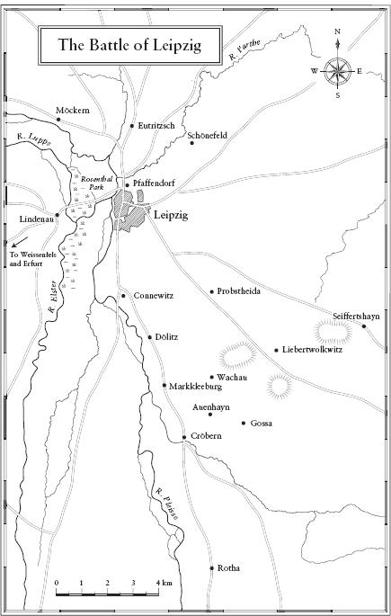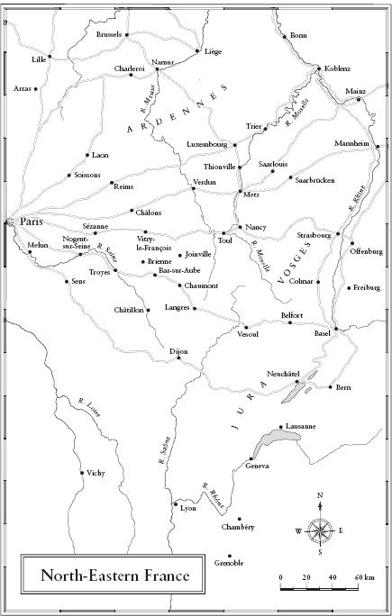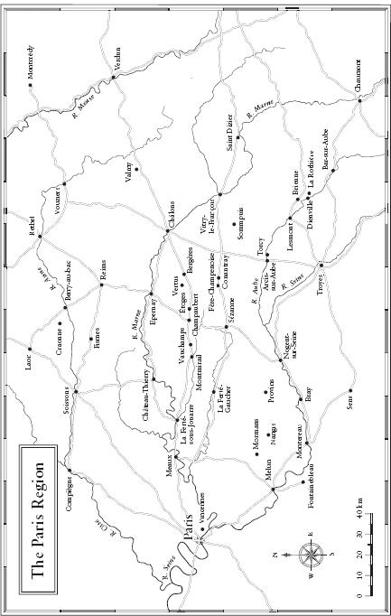









Russia Against Napoleon
Introduction
Russia’s defeat of Napoleon is one of the most dramatic stories in European history. It has many twists and turns. Not just in 1812 but also for much of 1813 the outcome remained very uncertain with most of the odds seemingly in Napoleon’s favour. His personal history in these years is a tale of hubris and nemesis. There is a rich supporting cast of fascinating personalities who enliven the story and with whom it is often easy to empathize. The story contains two of the greatest battles in European history, Leipzig and Borodino, and many other episodes of great fascination for the military historian. It also tells one much about European society, culture and politics in that era. From the Russian perspective the story has that crucial element, a happy ending. Napoleon’s first
For very many years I have wanted to tell this story. At one level that is the simple purpose of this book. But I am an old-fashioned historian who likes his stories to be true, or at least as close to the truth as an honest, knowledgeable and meticulous study of the available evidence allows. Many years ago I came to the conclusion that the story as told in Western Europe and North America was very far from the truth. Hearing an untrue tale told over and over again annoyed me. Another purpose of this book is therefore to tell the story of how and why Russia defeated Napoleon in what seems to me to be a more truthful way.1
It is not surprising that what happened in 1812–14 is usually distorted in British, French and American books. Popular works on the Napoleonic era necessarily follow a rather set pattern. In Britain, for example, the bookshelves groan under the weight of works on Nelson and Trafalgar, or Wellington and Waterloo. These are the heroic narratives and the icons of British national identity. Napoleon and his army have also retained their fascination for the English-as well as French-speaking public. In any case, most authors cannot be expected to read many languages or consult archives in a range of countries. They expect to draw their information from the research of specialists. As regards Russia’s role in the defeat of Napoleon, this research and these specialists do not exist. No Western professor has ever written a book on the Russian war effort against Napoleon. The surest way to make yourself unappointable in any British, let alone American, university is to say that you wish to study the history of battles, diplomacy and kings.2
In many areas of military history the gap left by the universities is filled by army staff colleges. There are some excellent books by military specialists – often but not always serving officers – on the Napoleonic era but almost none of this work covers Russia.3 One reason why military specialists have avoided Russia is that the military archives have only become accessible to foreign researchers since 1991. More important, however,

